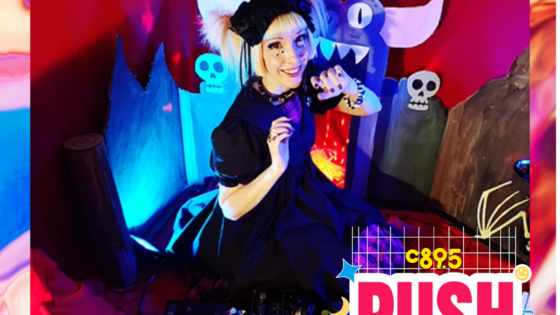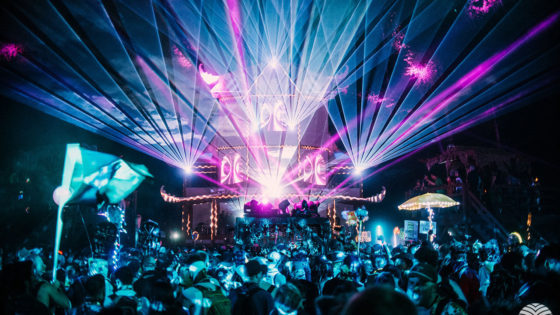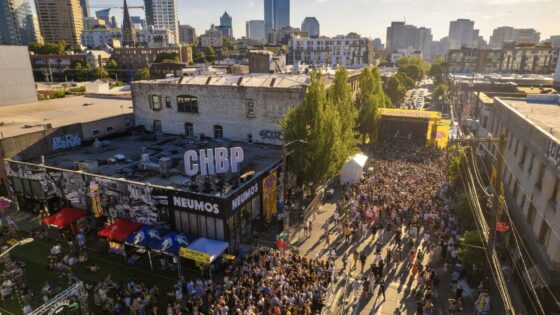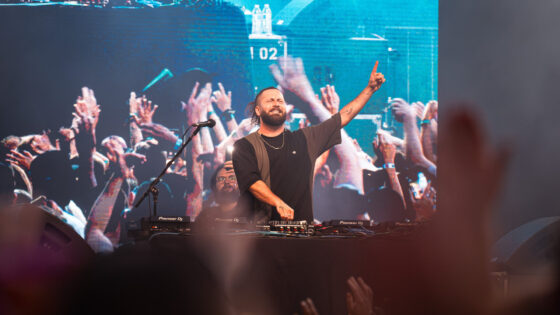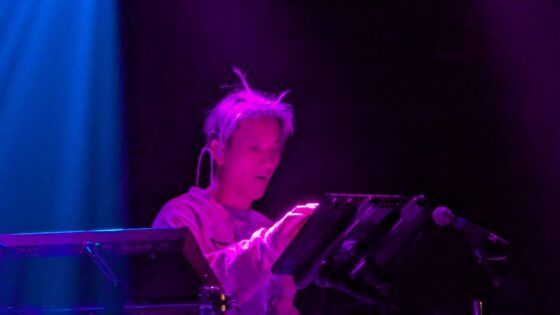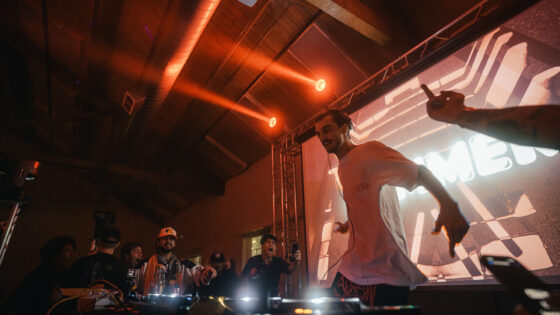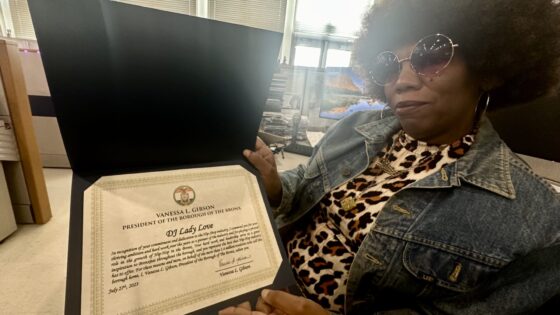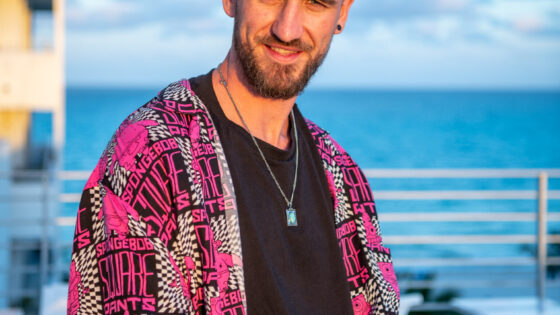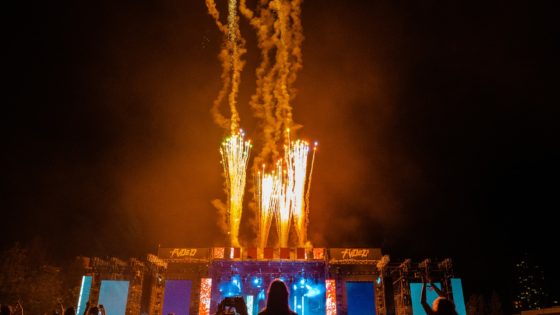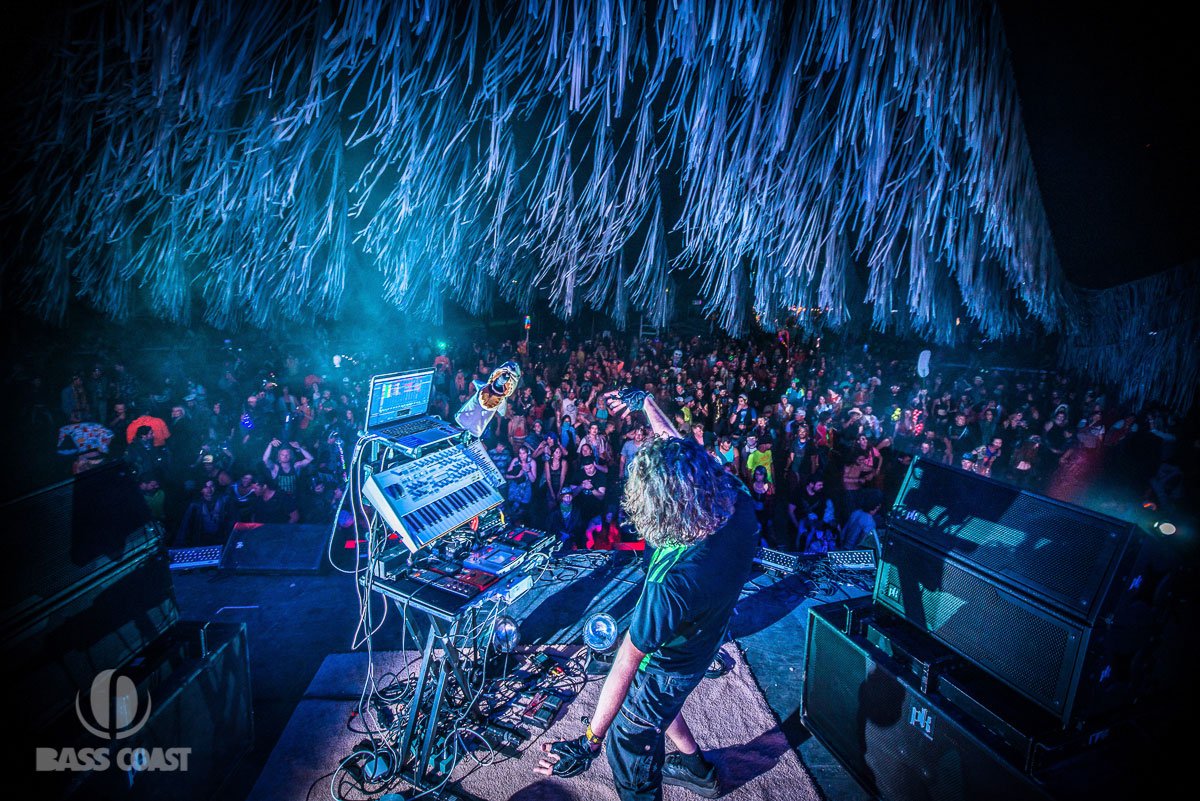Over the past month, Seattle’s Black Lives Matter protests have revolved around Capitol Hill. This epicenter has been dubbed “Free Cap Hill,” “The Autonomous Zone,” and “Capitol Hill Occupied Protest (CHOP).” Thanks to a series of interviews with Billboard, Neumos co-owner Steve Severin offers an inside look at how indie venues have responded.
Neumos: A beloved indie venue in Seattle’s Capitol Hill
Before protests, Capitol Hill was known for two things: bars and gay bars. The heart of Seattle’s music and LGBTQ+ scenes, rainbow crosswalks, fancy birthday shots, and many a confiscated fake IDs mark the territory. On a normal June, Seattleites and tourists flood Capitol Hill to celebrate Pride Month with parades, outdoor concerts, and extravagant costumes.
This year, however, things looked quite different. Back in March, Capitol Hill businesses had already boarded up their windows and doors. Shelter in Place orders spread across the country, wiping out concerts and events for the foreseeable future. By April, hand painted murals decorated the area, urging folks to “Stay Home” and “Stay Healthy.”
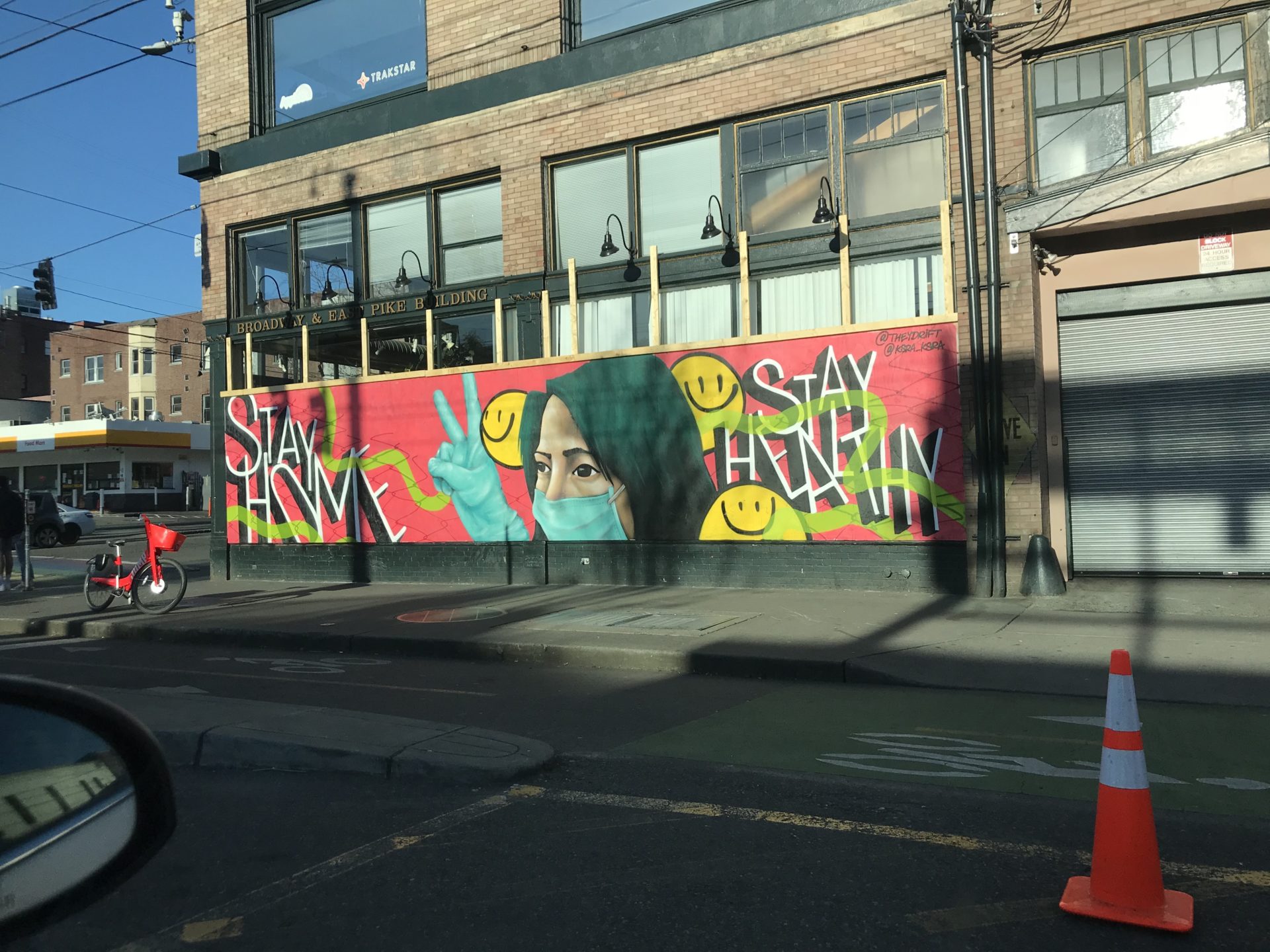
A freshly painted mural across the street from Q Nightclub urges residents to “Stay Home, Stay Healthy.”
One of Cap Hill’s beloved venues, Neumos, offered a prime hangout for high school and college students who hadn’t hit the big two-one yet. With a stage-level floor typically reserved for all-ages or 18+ crowds, the venue also offered a mezzanine for 21+ attendees. During the pandemic, Steve Severin closed Neumos’ doors.
Thanks to months of advocacy by Severin and other venue owners who joined forces as the Washington Nightlife Music Association, King County allotted $750,000 to independent music venues this May. Severin hoped this win would serve as a blueprint for venues across the country.
Neumos co-owner Steve Severin shares his perspective on Capitol Hill protests
After George Floyd was murdered by Minneapolis Police, nation-wide and then global protests for racial equity began. In Capitol Hill, tensions between protesters and police officers peaked.
Severin followed the events closely from home, keeping an eye on Neumos. Severin recalls one day where protesters braced themselves for tear gas with umbrellas. “This cop just reaches out, grabs the umbrella and starts destroying it. Because of that action, the other cops start grabbing umbrellas and then people start pushing on the barrier.”
Apparently, someone threw a rock and broke a window at Neumos. “I don’t care about a damn window.” Severin told Billboard. “I got insurance. I’ll just pay the deductible. Who cares? The cops set these people off and they were pissed. They needed to take it out on something.”
According to email records, on June 7th Seattle Police Department assistant chief Tom Mahaffey assured officers that their East Precinct, located in Capitol Hill, would not be abandoned. Days later, the opposite happened. Apparently against orders, officers abandoned the boarded up East Precinct.
In light of this event, protesters claimed the police-free zone as their home base. CHOP was thusly born from broken communication within SPD. Inside CHOP, Capitol Hill started to resemble its bustling past. There was a public screening of “13th,” artists painted the streets with a Black Lives Matter mural, business provided food and amenities, and bands performed on the street.
https://www.instagram.com/p/CBUmWJagn0e/?utm_source=ig_web_button_share_sheet
As June came to a close, the situation at CHOP escalated dramatically. As Severin put it, “people keep getting shot in my neighborhood.” What began as a largely peaceful community encountered a gut-wrenching wave of gun violence. There were reportedly 6 shootings, in just 10 days, before police returned to the abandoned East Precinct. Tragically, a 16-year-old victim was killed.
“Local merchants had already sued the city to try to get police more present here. And then for the last 10 days or so, there have been a number of shootings. Two young Black teenagers were actually killed in a couple of those shootings. Not really clear who is shooting whom yet, but there is a sense that things were kind of getting out of control here, and certainly that’s what the police would say.” (Martin Kaste, NPR)
Since the shootings, CHOP has been cleared and restored to “normal.” Protests have continued through early July, though no longer stationed in Capitol Hill. Another death has already been reported as two protesters were hit by a car which sped into a march on Interstate 5.
Protest goals and how indie venues can help
Coronavirus-related concerns took a backseat, as protest signs read: “The deadliest virus is racism.” Organizers in CHOP sought to free protesters who had been arrested and to defund the Seattle Police Department.
“Defunding the police does not necessarily mean getting rid of the police altogether. Rather, it would mean reducing police budgets and reallocating those funds to crucial and oft-neglected areas like education, public health, housing, and youth services.” (The Cut)
Just a few months ago, Severin had slim to no experience with advocacy. Due to pandemic closures, that’s no longer the case. Now, Severin hopes to use his connections and experience to advocate for Black Lives Matter protesters.
“We don’t know if this is a music industry thing or a [Washington Nightlife and Music Association] thing but we want to create a letter and a list of demands and get powerful people to sign it. [Elected officials] don’t just read anything. You have to have the privilege that we have to get them to pay attention,” Severin remarked.
A moment of change for the music industry
Regardless of policy changes, Severin believes this can be a moment of change within the music industry. While many venues employ black staff, they’re usually hired to work security. He explains, “In the music industry, there are very few people of color in high-ranking positions, like venue owners or general managers.”
How can independent venues welcome black leadership? Simply posting an ad and seeing what happens won’t cut it. According to Severin, potential candidates may not be aware of job opportunities in predominantly white sectors. “We need to reach out to outside our regular networks. We need to be really committed to change and some are and some aren’t. We want to work with the people who are.”
You can read all of Billboard’s “In A Pandemic” interviews in full here.
Important things happen in Pacific Northwest nightlife, and DMNW will send you alerts!





